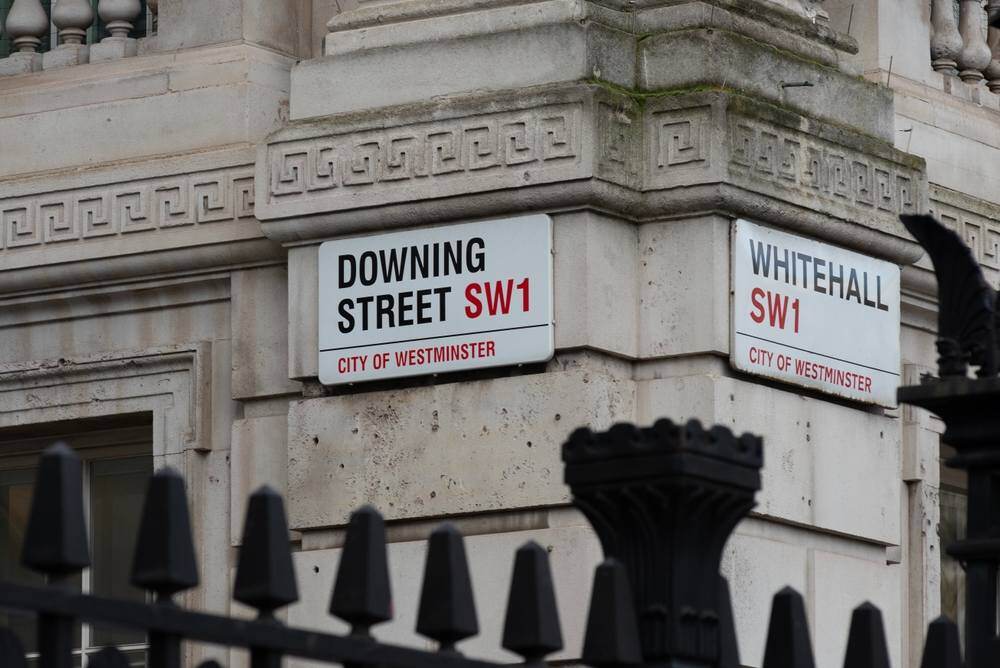
The Chancellor’s Downing Street speech on 4 November set the stage for her Autumn Statement, making it clear that difficult financial decisions, including potential tax increases, are ahead in order to support the public sector and long-term economic stability. We share what Rachel Reeves’s announcements could mean for small businesses, individuals, and the local economy.
Tax rises are coming
Those holding on to optimism that tax hikes wouldn't come this autumn could be sorely disappointed after this morning's announcement. In her speech, Reeves warned against "easy answers" and signalled tax rises were essential to balance the books and mend public finances.
Reaffirming her commitment to ensuring day-to-day expenses are fully funded by tax revenue and that debt is on a declining path by 2029–30, Reeves hinted at progressive tax adjustments in her speech. In particular, she indicated that wealthier individuals may shoulder more of the fiscal strain with her tax changes.
Labour's 2024 Manifesto pledged not to increase Income Tax rates, VAT, or National Insurance, leaving many wondering how Reeves will assign these taxes.
Ryan Wilkes, Shorts Owner Managed Business Director, stated: 'It’s starting to feel like change is on the horizon; unfortunately, that might mean more pressure on SMEs.
'We don’t yet know exactly which taxes will rise, but with reducing national debt being one of the Chancellor’s central goals, something’s got to give. The last round of hikes still feels pretty raw for many, so now’s the time to stay sharp, keep talking to your advisers, and be ready to move when opportunities pop up. You never know — there might just be something positive in this budget after all.'
Global headwinds are forcing the Chancellor's hand
Throughout her speech, Reeves cited the challenging fiscal conditions the Labour government inherited and how global headwinds, including tariffs, supply chain disruptions, post-Brexit trading agreements, and sticky inflation, were impeding economic growth. Underwhelming productivity was also referenced as a challenging factor in turning the UK's economic fortunes around.
Reeves again urged caution on the UK's over-reliance on borrowing, saying government debt stood at £2.6tn — or 94% of the national income.
In her speech, Reeves reaffirmed that robust fiscal measures were the best approach to counter these challenges.
Autumn Budget priorities have been laid out
Throughout her speech, Reeves highlighted that the Autumn Budget Statement would focus on three central goals:
-
Tackle NHS waiting lists
-
Reduce national debt
-
Ease cost-of-living pressures
While some may question how tax increases can improve the cost-of-living pressures, Reeves insisted the upcoming Autumn Budget was "A growth Budget, with fairness at its heart". Continuing, Reeves said she wouldn't brush economic challenges "under the carpet".
Striding to assuage market confidence
The Chancellor's announcement also sought to reassure market investors and public bodies that credible fiscal consolidation, through prudent tax policy, would improve market confidence, lower borrowing costs, and help stabilise public finances.
Over the past several weeks, announcements from The Institute for Fiscal Studies (IFS), the Office for Budget Responsibility (OBR), and other think tanks and public bodies have said Reeves would need to raise taxes or make other considerable changes to rectify a shortfall in the government's finances. Estimates are in the tens of billions, depending on further detail to be shared on the 26th November.
Shorts' Verdict
Given that the Chancellor gave herself such limited fiscal headroom in her Spring Statement, it was perhaps inevitable that future tax increases would happen. This is especially true given the recent news that the UK Government faces a considerable gap in its public finances, and when the OBR is preparing to downgrade the UK's productivity performance.
Time will tell what tax changes are announced in the upcoming Budget. Shorts will be reaching out to clients and contacts after the Budget with our thoughts on what it means for individuals and businesses.

Kirsten Amor
Kirsten is the Digital Content Lead at Shorts. With more than a decade of experience crafting multimedia content campaigns, Kirsten's work resonates with audiences and helps brands tell their stories.
View my articlesTags: Autumn Budget 2025
